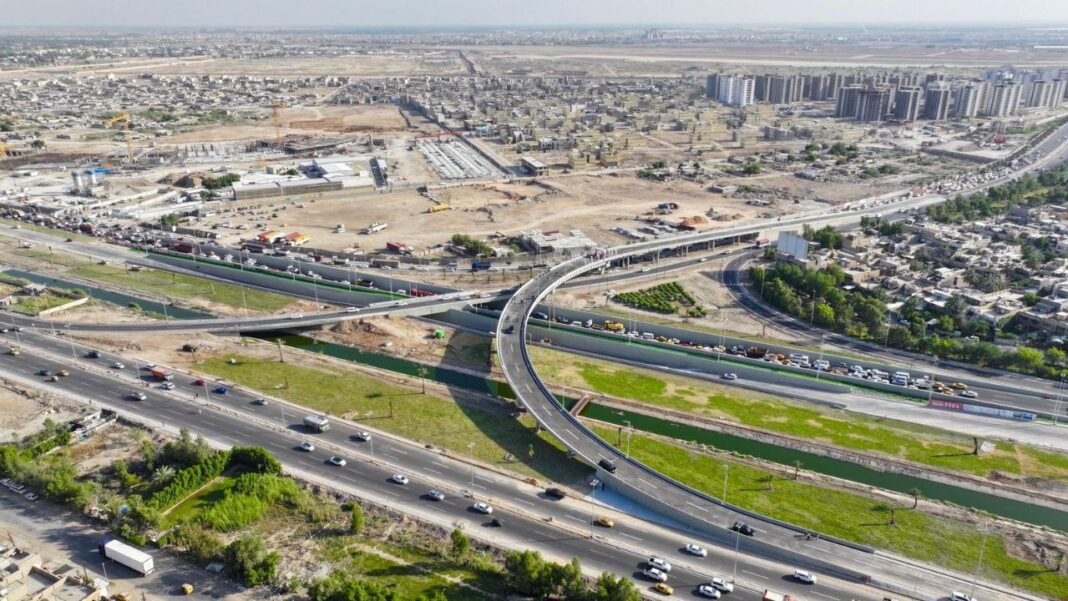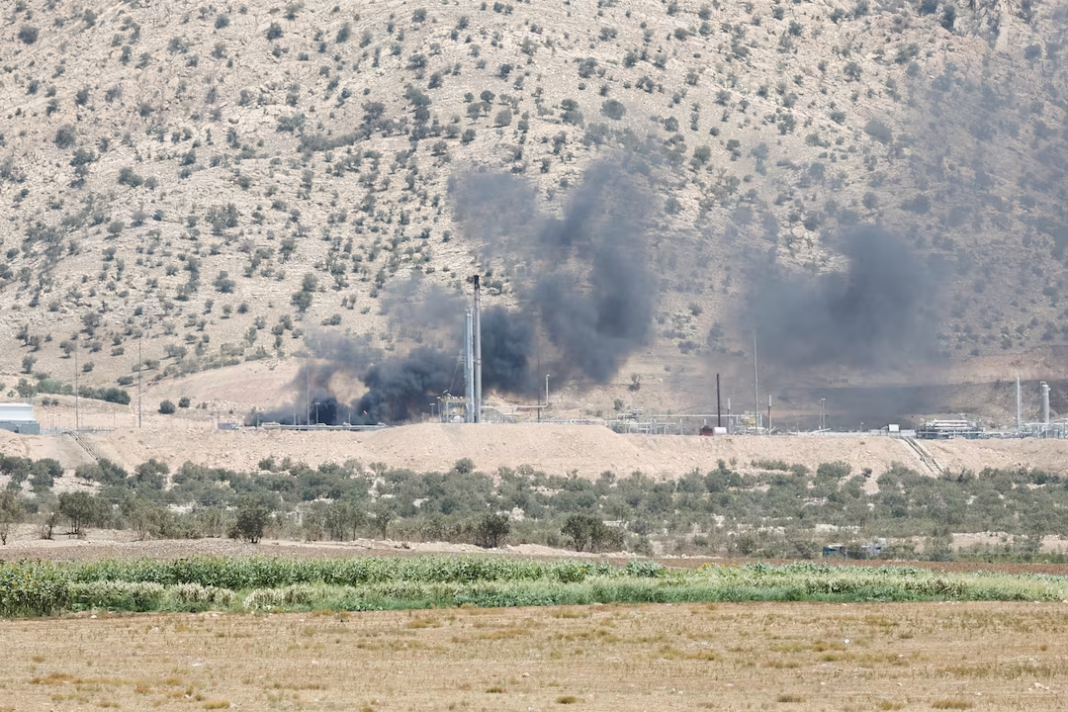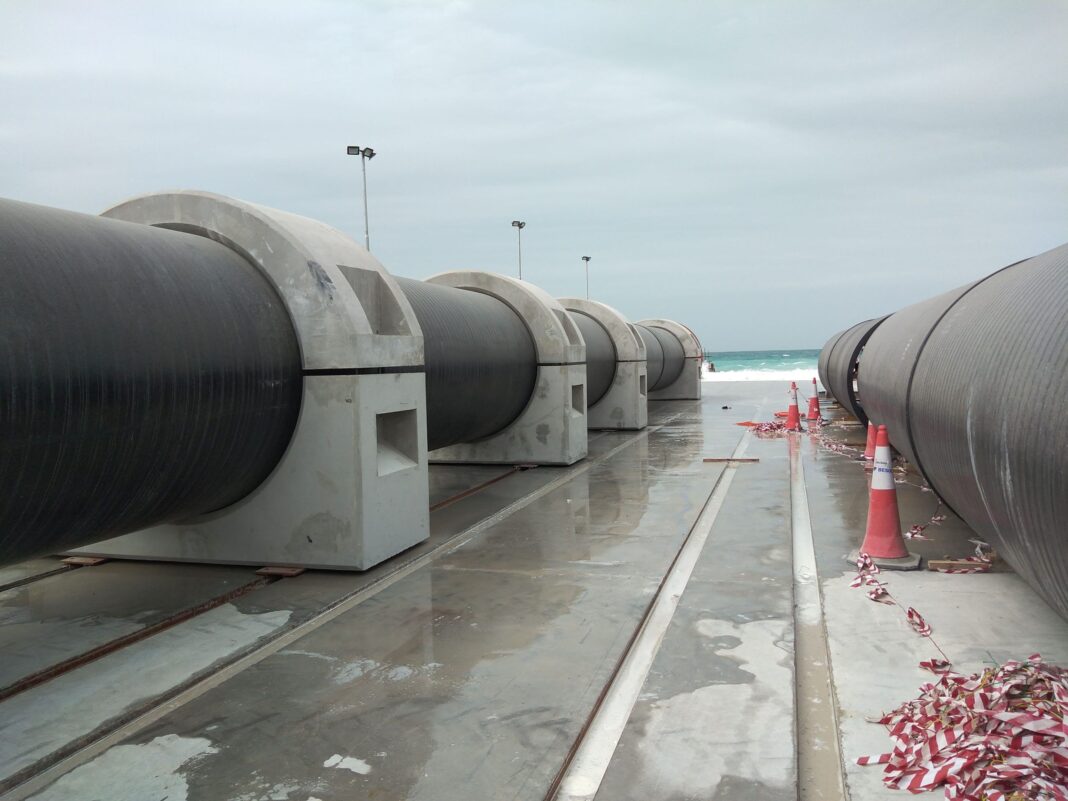The Iraq economic development plan for 2024–2028 marks a bold step toward transforming the nation’s economic landscape. On Monday, the Ministry of Planning introduced this five-year strategy to drive long-term prosperity. The roadmap focuses on diversifying Iraq’s economy, modernizing critical infrastructure, and ensuring sustainable growth across sectors.
Ministry spokesperson Abd al-Zahra al-Hindawi explained that the plan rests on five main pillars. First, it seeks to build human capital by investing in education and healthcare. Second, it promotes economic and administrative reforms that will help Iraq become more business-friendly. These reforms aim to attract investment and stimulate private-sector growth.
Additionally, the Iraq economic development plan prioritizes improvements to infrastructure. Key sectors such as agriculture, industry, and tourism will benefit from targeted projects that aim to raise quality and productivity. These efforts will also reduce dependence on oil revenues, which have historically dominated the economy.
Importantly, the strategy also champions regional and global integration. Large-scale initiatives like the Development Road project and the Al-Faw Grand Port are positioned as economic game changers. These projects will enhance Iraq’s position as a trade and logistics hub in the Middle East.
To ensure success, the plan incorporates modern tools such as digital governance, innovation, and e-services. Fifteen expert-led committees from government, academia, and the private sector contributed to its development. Their collaborative work ensures the plan is both inclusive and forward-thinking.
Moreover, an integrated system for monitoring and evaluation will track progress and flag issues quickly. This system will allow decision-makers to adjust their approaches and remain on course.
In summary, the Iraq economic development plan is a comprehensive roadmap to move the country forward. With collaboration, strategic investment, and smart governance, Iraq has set a clear path toward long-term stability and growth.
This long-term vision not only addresses current challenges but also sets the foundation for a resilient future. By focusing on innovation, inclusivity, and connectivity, Iraq is positioning itself for regional leadership and global competitiveness.



